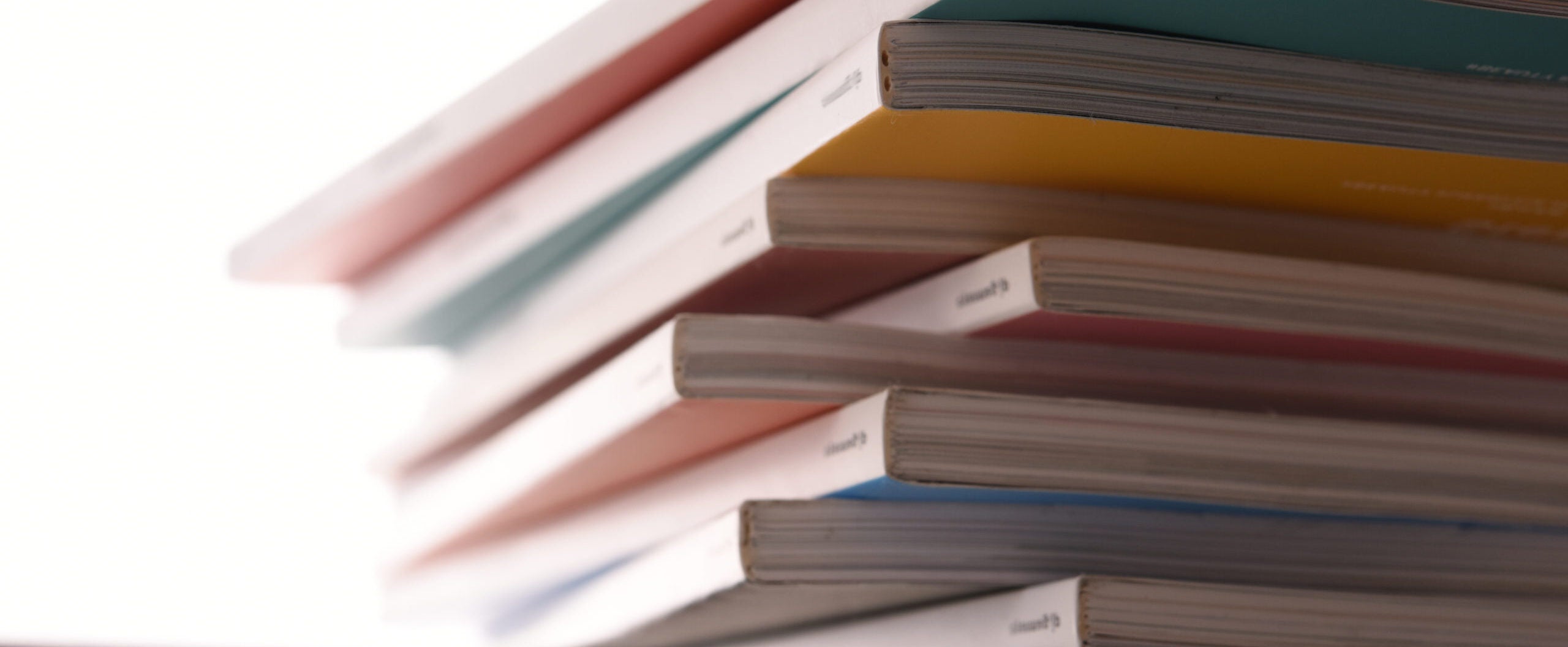
BAAS article solicitation
You're invited to contribute to the Bulletin of the American Astronomical Society (BAAS): Celebrating the Wonder of Science in the Shadow special issues for the 2023 and 2024 eclipses.
We invite all professional scientists, formal and informal educators, NASA science communicators, community scientists, teachers, students, amateur astronomers, and individuals (anyone and everyone!) engaged in the 2023 and 2024 solar eclipses to contribute to the upcoming special issues of the Bulletin of the American Astronomical Society (BAAS): Celebrating the Wonder of Science in the Shadow.
These issues intend to document how professional scientists, educational outreach professionals, community scientists, teachers, students, amateur astronomers, artists, park rangers, other professionals, and individuals of all ages provide eclipse-related outreach, science, viewing experiences, demonstrations and observations, community science experiments, and other related experiences.
The first issue, published March 2024 can be found at Celebrating the Wonder of Science in the Shadow · Bulletin of the AAS and includes 33 articles celebrating the 2023 annular eclipse, providing lessons learned for future eclipses. The next set of issues, starting in summer of 2024 will include articles from any eclipse, including the April 2024 solar eclipse. completing documentation of the science, outreach, experiences, and other eclipse outcomes from across the US.
This special volume will be created through PubPub, the electronic publishing platform used by BAAS and can be submitted in TeX, Word, or PDF. The digital-native version of the submission will be shared with the authors for review before final publication.
All included papers will be edited, permanently archived, and will receive a DOI. All articles will be searchable on ADS and the Library of Congress. We welcome multimedia submissions including videos, image files, and audio files. Articles may be peer reviewed (double blind) upon request.

Sections available
Photography
images of the eclipse or guides and tips for eclipse photography
Informal learning experiences
outreach & public engagement before, during, and after the eclipse
Community science
volunteer scientists in action or results of volunteer science
Evaluation
impact of events and activities before, during, and after the eclipse
Eclipse multimedia
artwork, performances, video
Eclipse science
results from data collected during the eclipse
Professional development
descriptions or models of in-person, virtual, and asynchronous training provided to scientists, educators, amateur astronomers, or volunteers related to the eclipse
Formal learning experiences
descriptions of classroom activities, lessons, and projects (including submissions from classes)
Logistics
local, regional, & large-scale coordination & movement of people
Personal reflections
stories, poems, or other creative pieces from individuals describing their own journey and experience at the eclipse
Oral histories
recorded interviews of individuals with personal eclipse experiences for the purpose of adding to the historical record
Summer 2024 issue
A demand on print option will be available. Articles with high quality images will have the opportunity to be included in a stand-alone book about the eclipses published in 2024.
Submissions open December 15
Step 1:
Complete this interest form: https://forms.gle/X36srAWboBh6jVSQ6
Step 2:
The submission will be reviewed and the author given directions and a link to submit their article
Submissions due June 1
Step 3:
Editing suggestions will be received within 1 month of your submission
Step 4:
Sections editors will notify you by February 1 if your submission is ready to publish
Address questions and comments to buxner@psi.edu with Eclipse Issue in the subject line.